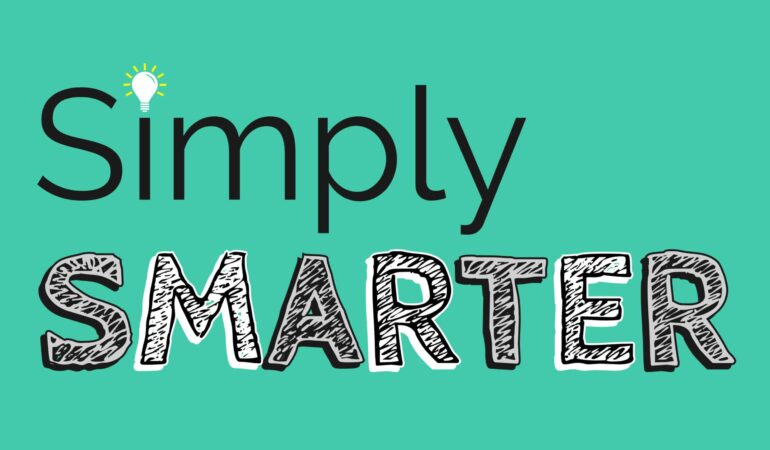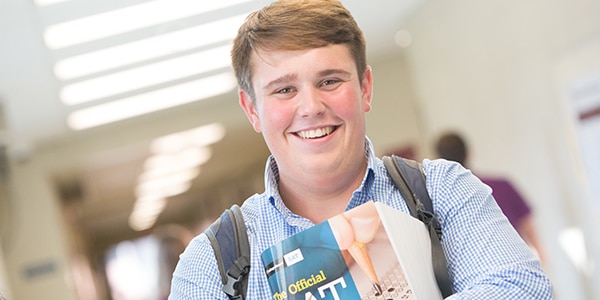How to Ask for Recommendations
It’s that time! Time to start thinking about and asking for recommendations. Many colleges require two recommendations; some even require three! Additionally, while a college may not require a recommendation for admission, it may require one for scholarships.
A recent article on the College Admission Book website gives three key pointers for asking for recommendations:
* Ask in person. No emails. A personal request is most thoughtful.
* Do not ask for more recommendations than you need. Pick two teachers and use the same two for all your applications.
* Say “please” when you ask and “thank you” when the teacher agrees.
Additional Pointers:
There are four more pointers I would like to add to their list:
* Choose your recommenders wisely: someone who know you well, a teacher who taught you recently, perhaps a teacher who teaches a core subject.
* Give your teachers ample amount of time to write your recommendation. Don’t make them feel rushed for your lack of planning. Give them 90 days. The more time they have, the better your chance of getting a wonderful recommendation will be.
* Make sure to send them a hand-written thank you note after they have written your recommendations.
* Let them know which college you decide to attend.
Recommendations are also important for internships and jobs. Future employers want to know that that information on your resume is truthful and true to your real life experience. They want to know not only if you are qualified for the job, but also if you will be a good person to have around the office. Different jobs and industries place differing levels of strength on the resume versus interpersonal skills. For example, a human resources manager works with other employees all day and needs to have strong communication skills, whereas a forest fire lookout does not interact with people as frequently.
If you would like to know more about which jobs would be suited to your skills and interests, a good resource is our Career Assessment!
Although asking for recommendations can be intimidating at first, by following these simple steps you will get the hang of it in no time!








